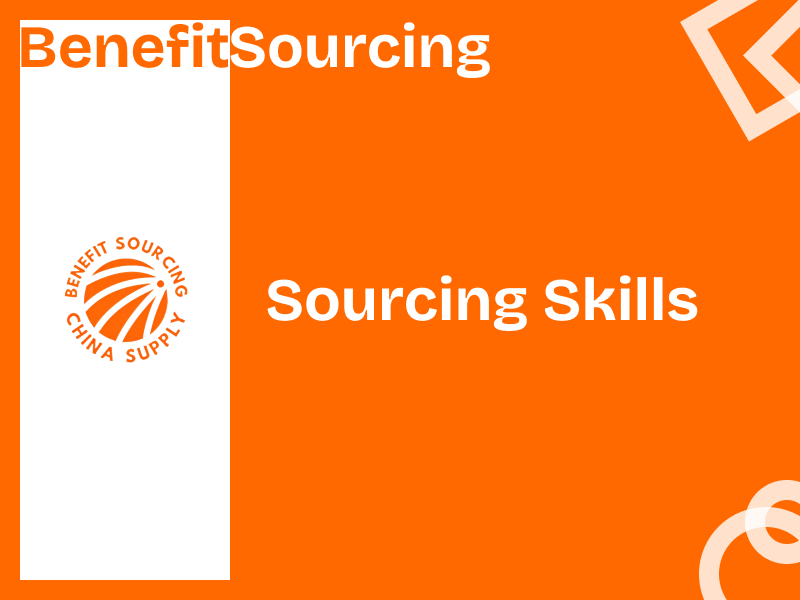Differentiating Between Trading Companies and Manufacturers

Understanding the distinction between trading companies and manufacturers is critical for international buyers seeking reliable suppliers. Here’s a concise breakdown of their key differences to help you make informed sourcing decisions:
Core Business Activities
Manufacturers are directly involved in production. They transform raw materials into finished goods through dedicated facilities, equipment, and labor. Their operations include product design, quality control, and bulk manufacturing. For example, a factory producing electronics would handle PCB assembly, component testing, and final packaging in-house.
Trading Companies act as intermediaries. They source products from manufacturers or other suppliers and resell them to buyers. Their focus is on market research, logistics, and customer relationships rather than production. A trading company might aggregate orders for multiple buyers to negotiate better pricing from factories.
Operational Advantages and Limitations
For Manufacturers:
- Cost Efficiency: Eliminating middlemen often results in lower unit prices for bulk orders (e.g., MOQs of 1,000+ units).
- Customization: Direct access to production lines allows tailored modifications (e.g., packaging, product specifications).
- Quality Control: In-house oversight reduces defects and ensures compliance with technical standards.
- Constraints: High MOQs, limited flexibility for small orders, and slower adaptation to market trends.
For Trading Companies:
- Product Variety: Access to multiple factories enables cross-category sourcing (e.g., combining apparel and accessories from different suppliers).
- Order Flexibility: Willing to handle smaller batches (e.g., 100–500 units) and mixed-container shipments.
- Streamlined Logistics: Handle export documentation, customs clearance, and shipping consolidation.
- Constraints: Margin-driven pricing (typically 15–30% markup), potential communication delays between parties.
Regulatory and Financial Considerations
-
Export Tax Policies:
- Manufacturers qualify for “exemption, credit, and refund” policies. They offset input VAT from raw materials against domestic sales taxes.
- Trading companies only receive VAT exemptions on exported goods and refunds for purchased products.
-
Registration Requirements:
- Factories require industrial-zoned facilities with production permits, environmental approvals, and safety certifications.
- Trading companies can operate from commercial offices without production infrastructure.
-
Accounting Complexity:
- Manufacturers track raw material inventories, production costs, and equipment depreciation.
- Trading companies focus on purchase-sale margins, import/export taxes, and supplier/buyer receivables.
Verification Strategies
- Factory Audits: Use third-party services to confirm production capabilities, workforce size, and machinery.
- Documentation Checks: Request business licenses showing manufacturing scope or tax records indicating input material purchases.
- Sample Testing: Manufacturers typically provide prototypes faster and at lower cost due to direct workshop access.
By aligning your order size, customization needs, and risk tolerance with these differences, you can optimize supplier partnerships and minimize supply chain disruptions.
Need a sourcing agent in China?
Just send us your demand with the form below.